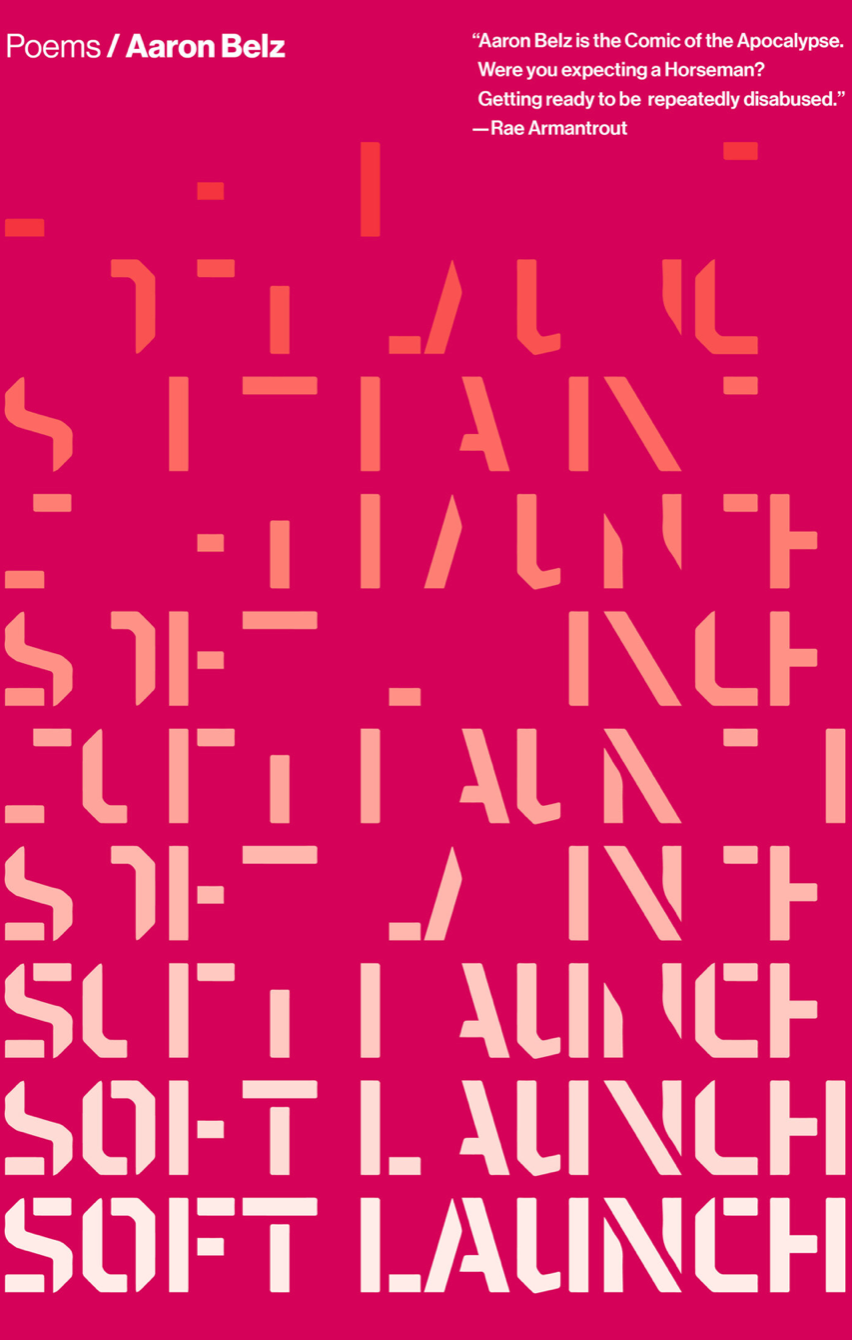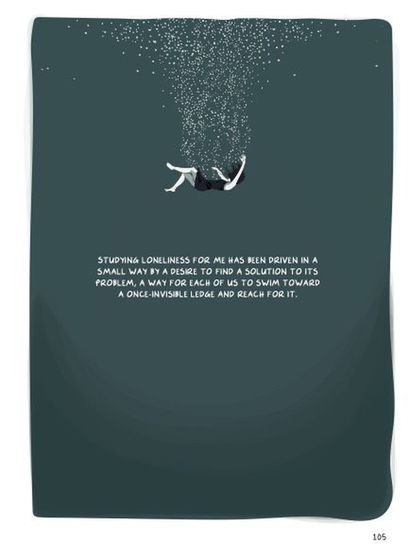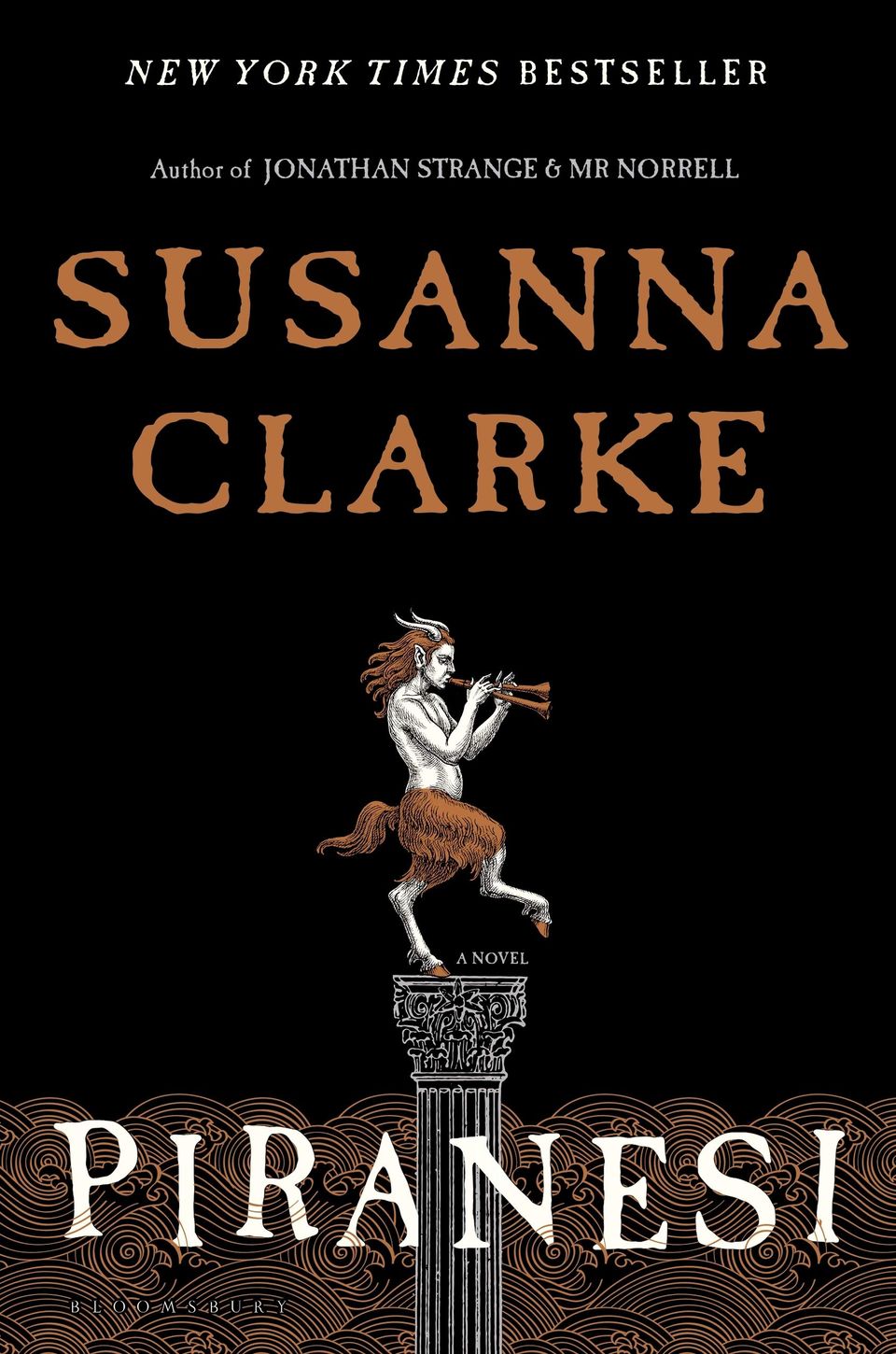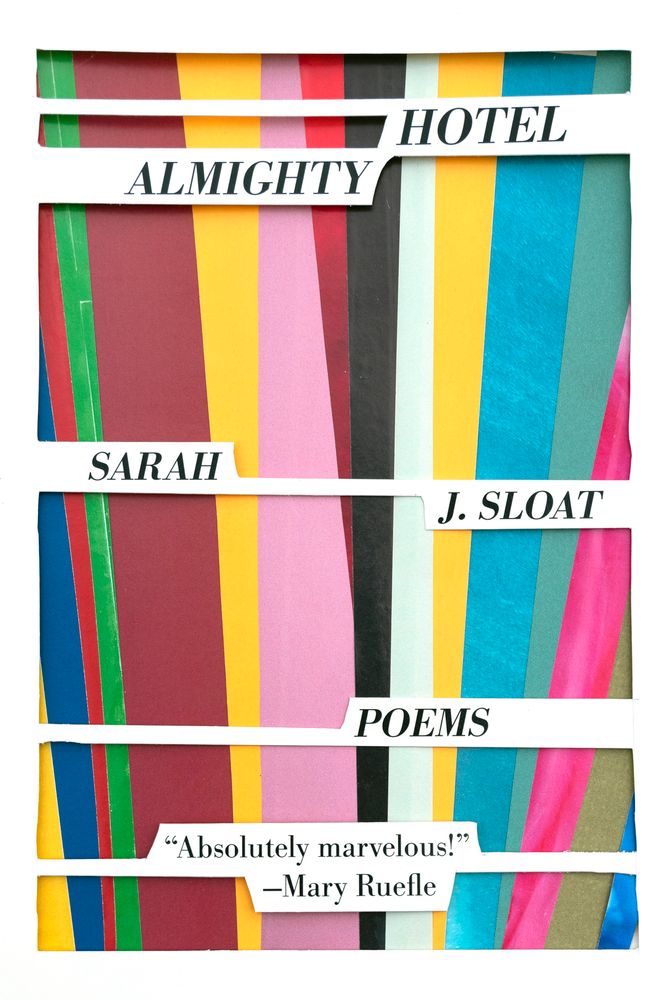In a 2018 interview with poet Adrian Matejka, I floated a thought balloon to see whether he would chase it or pop it in an instant. More an aside than a proper question, I wondered aloud whether a gap exists between how we present poetry and its relevance to our lives.
Matejka bought what I was selling, and we spent a few thoughtful minutes discussing the distance many readers feel when they approach poetry, and the immanence inherent to the form. I walked away convinced that we are too quick to bathe poetry in a single definition of the word “holy”—that which means “set apart”—rather than fully appreciating how it lives in the fine print, mediating between the sacred and the stuff of earth.
Poetry concerns itself with sex and love, grief and regret, doubt and mental illness. It assumes many voices and is unafraid to dirty its hands, yet we preserve its image as something pristine and proper. Aaron Belz’s work further disabuses us of the notion that poetry must be pious. His poems shake our presuppositions in the simplest way: by making us laugh, then giving us pause to consider what parts we play in the everyday absurd.
Belz’s verses should be read by poetry cynics, agnostics and skeptics. Or cynics, agnostics and skeptics of any kind. Among his work’s subtle strengths: convincing the reader it’s possible to believe in something while arching one eyebrow.
Soft Launch, Belz’s latest collection, reads as though it was penned with a quill plucked from David Letterman’s retirement beard. Or perhaps it’s the sort of collection the late Donald Hall would commit to paper after watching the Talking Heads concert film Stop Making Sense. Showing off Belz’s delight in genuine wordplay, Soft Launch has a thing or two to teach us about the ways we tangle up with one another—or miss our connections altogether.
Belz’s dedication—“Because I’m worth it”—signals this won’t be just another book of poems. Playing with and upon expectations of the form early and often, he skewers the oversweet romantic ballad in a poem like “Love” with its two halting lines: “We fit together perfectly / like two halves of an ape.”
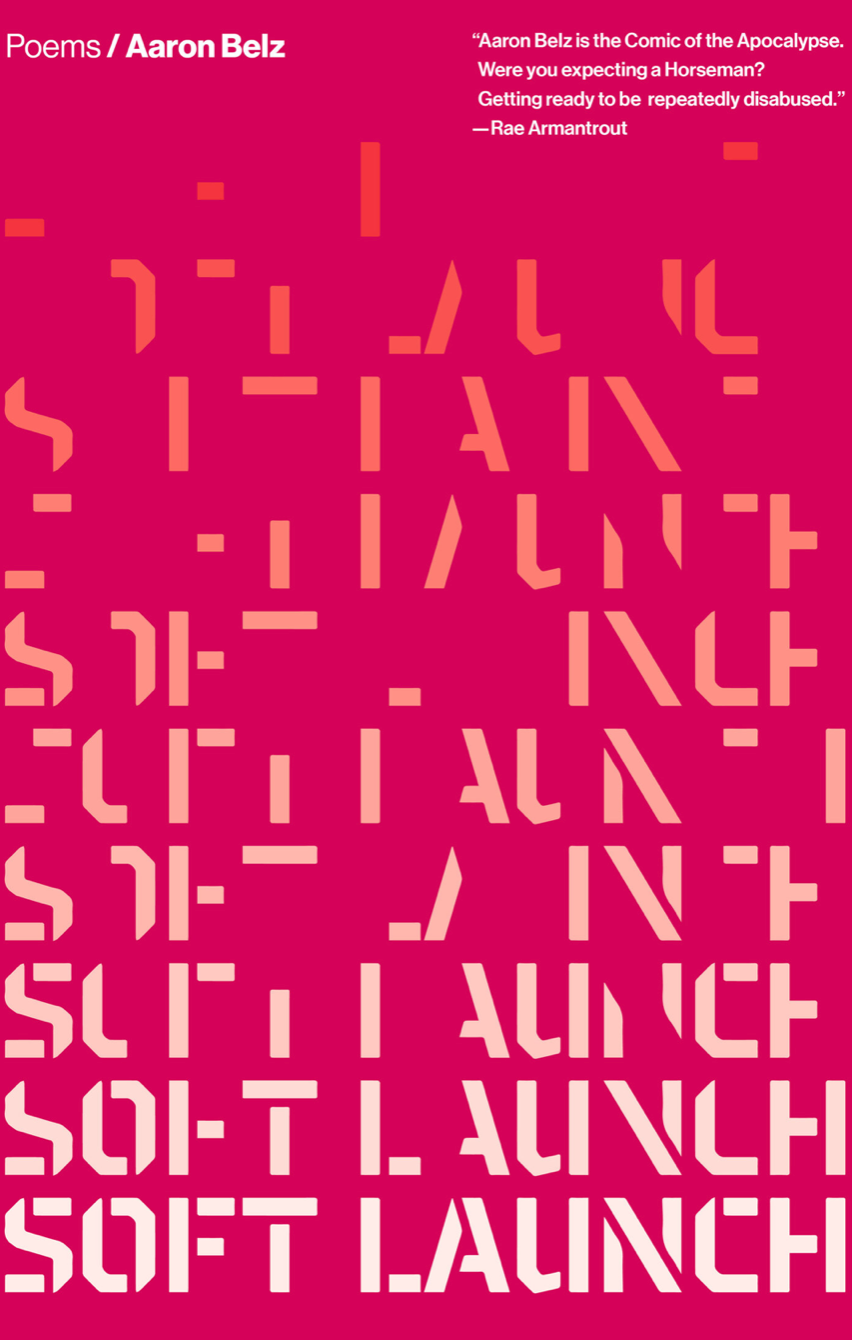
In “Blue Flashing Lights,” he tinkers with language until discovering its more robust properties. The piece begins with an account of a neighborhood drug bust, then confesses: “What I mean is there’s a sculpture depicting only / drugs’ head and shoulders, and it’s going down / —crumbling.”
“The Love Song of J. Alfred Capslock” jabs T.S. Eliot in the ribs with good humor and commitment to a much-maligned computer key; and who else would think to make 1980s action hero/antihero Rutger Hauer the star of his own cooking channel—and his own poem (“Hauer You”)?
Belz writes by the philosophy that the longer we live with and in our language, the more we encounter its beautiful strangeness. We casually joke about how a word or phrase, said often enough, begins to lose its meaning; for Belz, repetition unlocks meaning.
Take the layering of a single brand name, already nothing less than ubiquitous, in the poem “Starbucks”:
In heaven there’s a Starbucks
inside each Starbucks
so that you can be at Starbucks
and on the way to Starbucks
at the same time, etc.
One can imagine David Byrne amending the meter of his song “Heaven” to make this verse work, sealing a salient commentary on consumption as religion and the constant cravings which overlook God in favor of a simpler fix.
Building from comedy, Soft Launch rejects the false choice offered each time Dave Chappelle releases a special or a filmmaker like Todd Phillips grants an interview. Either let us be funny, they say, or we must stop our tongues and sit on our hands.
Belz never punches down; rather, he takes uppercut shots at the smug and self-obsessed, at those who only attend to others when it serves their best interest or bottom line. A poem like “Thankfully” hilariously dispatches the know-it-alls in our midst and, working backward, reminds us how rich and unknowable the world really is.
The class of creators who assert that comedy is a full-contact sport wring their hands and complain that modern skins are thinner, censors quicker to the draw, funnybones lost to evolution. Belz never wastes time on the same old, dehumanizing punchlines; rather, he provokes laughter—and thought—as he invites us to deal with the repercussions of life as it actually is.
His deft wordplay pulls at the clauses and constructs that keep us isolated—from one another, and our true selves. While some comics cry “identity politics,” the poet investigates our identity crises and the language used to perpetuate them.
“I’m either not as good at being / who I think I am, or I’m way better /—so much so that I almost no longer / recognize the person I once was / as being connected, via the present, / to the man I hope, one day, to be,” he writes at the top of “Spray Tans.”
“Grocery Sonnet” slips down an M.C. Escher staircase with a couple who turn a routine shopping trip into a verbal sparring match. “Against One Odd” converts the language of devotion into a bromide against his intended’s idiot brother. Conveying the gravity we attach to the most ridiculous sentences, “The Real Question” begins:
The real question being
how will you address these issues
moving forward
so that at the end of the day
you’re able to leverage
what you’ve done
versus what you either have
or haven’t succeeded at,
if you will?
Our minds and bodies aren’t meant to bear up under such foolishness. Poems like these, traffic in the sort of self-talk, double-speak and reflexive name-calling which bar our doors, board up our windows and keep us from ever really loving anyone—including ourselves. We talk ourselves out of compassion and connection all the time, and Belz shows us the bloody transcripts.
More than once, these punchlines connect with his own jawline. Belz owns his share of the problem, and admits he sometimes surrenders to the same needless pressure we all do.
What sounds like a compliment becomes a cudgel in “Your Poetry”: “Your poetry, my son, manages the balance / between irreverent and irrelevant / better than any poetry I can recall off the top.”
The opening lines of “In a World” illustrate the life ceilings we accept when under duress: “In a world where you / can be anything, be kind / of interesting. Don’t / overdo it with the hairdo / and the rumpled blazer look.”
Belz’s wit acts more as surgeon than healer, but he reserves space and time for something like mercy. “This poem is about you being you,” he writes in “Very Brave,” “sitting there, full of unwarranted guilt, / like a gift card unspent / or a building unbuilt.”
“Not Feeling So Hot” points the flashlight back at himself for some unvarnished, and rather lyrical, disclosures about the state of his own heart. Even if he decides to straighten his tie and make a joke within the same poem, he knows you heard him.
Belz’s most elegant act of exposure comes in one of the book’s final poems, “Succotash.” Here, after all the poking and prodding, after nudging you toward self-awareness and neighbor-love, Belz steps out from behind a shield built of syntax to let you connect with him. The opening lines ring softer, yet longer, than anything else in the book:
I think good poems—if you can call them good—
are written by people who care so deeply
about everything around them that they’re
almost paralyzed.
Rarely does a man explain himself to himself, or anyone else, with more clarity. And there, in those naked sentences, Belz underlines why poetry—flippant or reverent, written centuries ago or last week—matters.
Wield them like weapons, hold them before your broken body like shields or follow them as roadmaps, poems are as strange and holy and rough as the people who make them. They must never be only one thing, because we are never just one kind of person. Squint hard enough, flip through enough pages, and a poem will find you out. When that happens, take it all as mercy, knowing the poem will stand by you for as long as it takes to live with those lines.
Support The Curator by purchasing Soft Launch from our Bookshop.org storefront.
(We earn a commission from any purchases made through these affiliate links, and some of the proceeds will also go to support independent bookstores across the country.)

